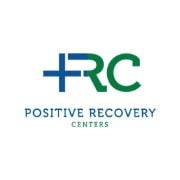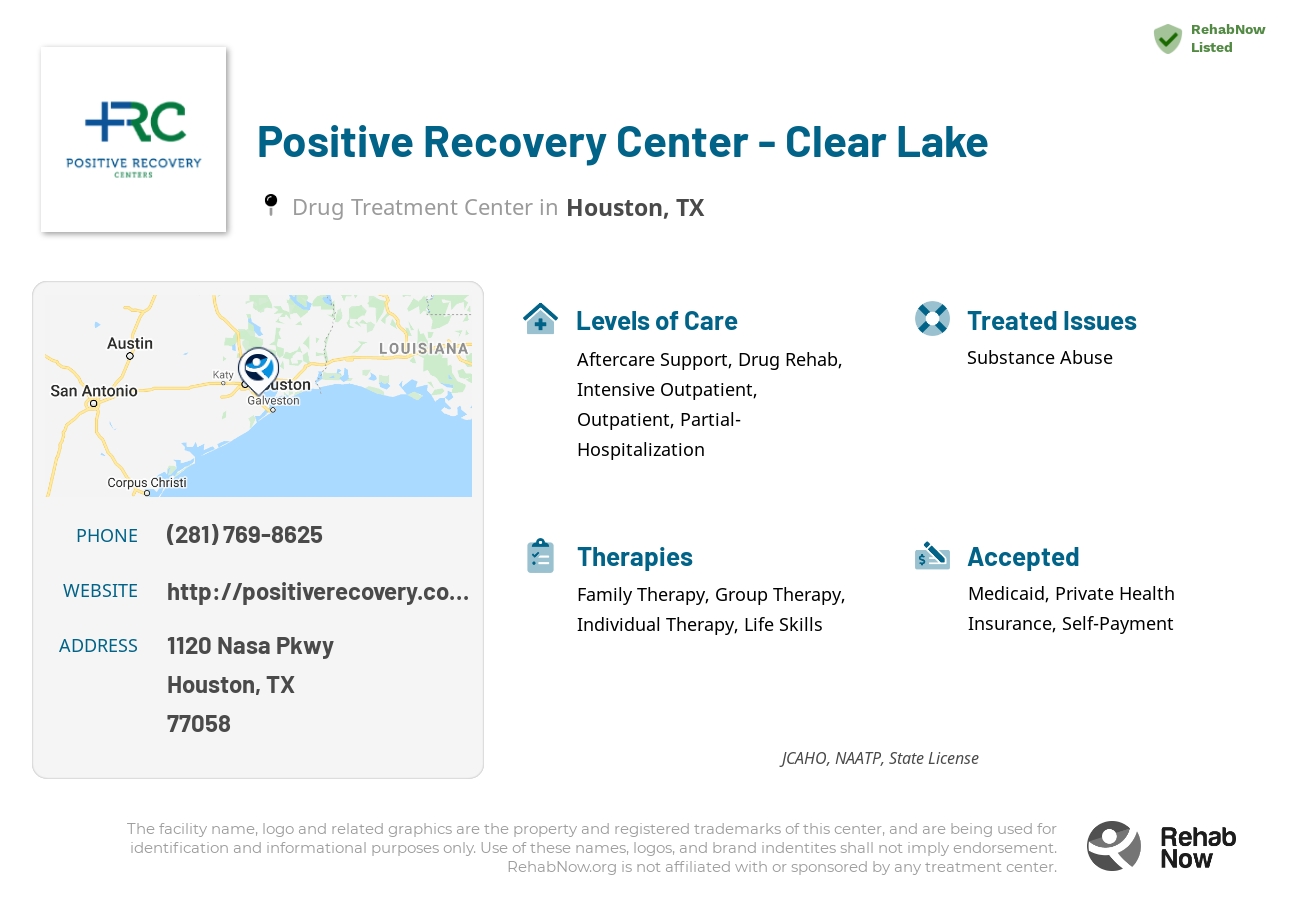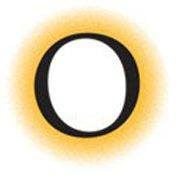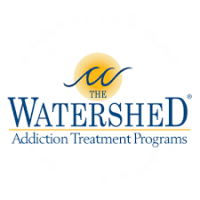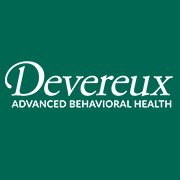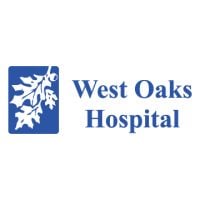Positive Recovery Center - Clear Lake
Drug Rehab Center in Houston, Texas
Positive Recovery Center - Clear Lake is an accredited and licensed treatment center in Houston, TX, offering comprehensive levels of care and therapies for individuals affected by drug addiction or substance abuse, including aftercare support, rehabilitation, intensive outpatient and outpatient treatment, partial-hospitalization, individual, group, and family therapies, and life-skills education.
About Positive Recovery Center - Clear Lake in Texas
Positive Recovery Center – Clear Lake, located in Houston, Texas, offers specialized outpatient drug rehab and dual diagnosis treatment focusing on positive psychology. Their unique approach combines evidence-based methods with positive psychology, providing clients with a strengths-based program designed to foster a fulfilling, sober life.
- Individualized Care: Every client receives personalized treatment plans that blend cognitive and dialectical behavioral therapies with positive psychology.
- Comprehensive Support: The center includes family in the recovery process through weekly group meetings and educational workshops.
- Flexible Programs: With both partial hospitalization and intensive outpatient options, clients can find a program that fits their recovery and lifestyle needs.
Accredited by JCAHO, NAATP, and holds a State License, Positive Recovery Center ensures high-quality care. They are in partnership with major insurance providers, making their innovative treatments accessible to more individuals seeking help.
The facility treats a wide range of addictions focusing on holistic and traditional therapeutic modalities. Their levels of care include PHP and IOP, utilizing therapies like CBT and DBT along with mindfulness and meditation to support recovery.
Genders
Ages
Modality
Additional
Accreditations
State License
NAATP

JCAHO
Conditions and Issues Treated
Substance abuse is the excessive use of any drug. This includes alcohol, medications, and illegal drugs. Substance abuse is treated with a combination of physical and mental treatments. Patients detox and follow up with therapies that target the underlying cause of the addiction. Substance abuse is a severe problem that can be successfully treated with a variety of therapies. Positive Recovery Center - Clear Lake treatment uses a combination of therapies along with other resources to overcome substance abuse.
Levels of Care Offered
This center offers a variety of custom treatment tailored to individual recovery. Currently available are Aftercare Support, Drug Rehab, Intensive Outpatient, Outpatient, Partial-Hospitalization, with additional therapies available as listed below.
Intensive outpatient treatment is a type of comprehensive addiction care. Unlike conventional residential treatment programs, the patients live at home during the recovery process. This means that one can continue working and caring for their families. These also allow people to keep pursuing their studies while also working on their sobriety.
Outpatient treatment can help one transition to normal life from the round-the-clock supervision and treatment available during inpatient treatment. It is an excellent tool to ensure long-term recovery. However, it is essential to note that intensive outpatient treatment in itself does not remove patients from the real-world setting. This means there’s always a higher risk of coming across environmental triggers. To further prevent relapse, an outpatient treatment center should be able to provide ongoing support services.
Once the patient is enrolled in an intensive outpatient treatment program, they will be expected to attend therapy and group meetings daily for a stipulated period. The frequency and duration of each session will depend on the patient’s needs and level of addiction. This can help curb the habit and deal with underlying issues that led to it. Most of these professional treatments are designed to allow patients to structure their daily schedules in a way that is conducive to recovery.
“Outpatient treatment is ideal for those who have a lower intensity addiction. It’s also suitable for those with a supportive environment and those on a tight budget.
Outpatient treatment can be considered the lowest intensity level of addiction treatment. It is ideal for early phase addiction or lower intensity addictions. It may involve weekly sessions instead of daily. Peer group support, 12-step programs, and individual counseling may still be used and anti-addiction medication.
This type of addiction treatment is available for people who need more time and attention than an outpatient program can provide. This type of program is beneficial for people who have low motivation due to addiction, or have a lack of support at home which prohibits them from being able to attend a traditional addiction recovery program.
PHP is beneficial to:
- Individuals who have very low motivation to recover from addiction as a result of the severe consequences they are facing as a result of their drug or alcohol use.
- People with a mental health diagnosis combined with addiction.
- People who need to be closely monitored due to the fact that they are not able to function well enough on their own.
- People who do not have strong social support or other treatment options available to them at home such as family or individual therapy.
Aftercare support is vital to those who have completed a drug or alcohol treatment program. This support comes in individual and family counseling, treatment of psychiatric and other medical conditions, and medications to reduce cravings. It helps recovering addicts adjust to normal day-to-day activities and can last for a year or longer.
The majority of drug and alcohol addicts who receive aftercare treatment do not relapse. It is estimated that without aftercare, the relapse rate will be between 70 to 90 percent for most people. Aftercare is the final stage in addiction recovery, but it will also help maintain sobriety if relapse does occur.
Therapies & Programs
No single treatment works for all addicts; therefore, the goal of treatment and therapy should be to find what works best for each individual. Some people requiring addiction treatment may only need a few weeks of inpatient care. Others will require long-term residential care. Tolerance and withdrawal levels vary from person to person and thus affect the intensity of the treatment needed.
If an individualized approach to treatment and therapy is not offered, addicts may fail to reap benefits from their efforts. Professionals must customize plans according to their patient’s needs, limitations, and strengths. The goal of all forms of addiction treatment should be for addicts to find healthy ways to cope with their addiction and its underlying causes.
The therapies usually include siblings, children, and parents who are involved in their daily lives. These sessions are vital because they address past issues that may have hampered an addict’s or alcoholic’s recovery and provide support at a crucial time!
One of the most critical aspects of family therapy is helping addicts’ loved ones see their situation in a new light. It’s also one of the most challenging things a family can do when a loved one struggles with addiction or alcoholism.
Group therapy is held in a safe, controlled setting where patients can feel comfortable sharing their struggles and gaining perspective through shared conversations. It takes place in a group rather than one on one to prevent feelings of isolation or being unique in their situation while creating an environment for addicts at Positive Recovery Center - Clear Lake to develop fellowship, accountability, and support. Group therapy is an important tool in recovery that prevents cravings that prompt a return to active addiction.
Life skills training is beneficial for addicts in recovery because it helps them learn how to take care of themselves and improve their quality of life, which can promote feelings of purpose and motivation.
This type of treatment works by teaching individuals life-enhancing skills that support positive living, including:
- Healthy lifestyle habits
- Skills to effectively manage stress
- Effective communication skills to help them get their needs met without turning to drugs or alcohol
- Money management and budgeting skills so they can continue to take care of themselves after treatment ends.
Payment Options Accepted
For specific insurance or payment methods please contact us.
Is your insurance accepted?
Ask an expert, call (888) 674-0062
Positive Recovery Center Associated Centers
Discover treatment facilities under the same provider.
- Positive Recovery Center - San Antonio in San Antonio, TX
- Positive Recovery Center - Garden Oaks in Houston, TX
- Positive Recovery Center - Jersey Village in Jersey Village, TX
- Positive Recovery Center - Conroe in Conroe, TX
- Positive Recovery Center - Houston - Montrose in Houston, TX
Learn More About Positive Recovery Center Centers
Additional Details
Specifics, location, and helpful extra information.
Houston, Texas 77058 Phone Number(281) 769-8625 Meta DetailsUpdated April 15, 2024
Staff Verified
Positive Recovery Center - Clear Lake Patient Reviews
There are no reviews yet. Be the first one to write one.
Houston, Texas Addiction Information
Texas is one of the primary hubs for drug smuggling into the country. The border between Texas and Mexico is more than 1,000 miles long. More than 10 million residents use alcohol every year and more than 25% of those are minors. Alcohol and drug use has become so common in Texas that almost 15% of all deaths can be attributed to these substances.
Houston, TX, has a significant drug addiction problem. According to recent statistics, about 8.7% of Houston residents report using an illicit drug. Additionally, there were 849 reported overdose deaths in 2016, many of which were related to opioids. Drug addiction and abuse have a big impact on the community in Houston, Texas, as it creates crime and violence, increases health problems, and puts a strain on social services.
Treatment in Nearby Cities
- Huntsville, TX (85.8 mi.)
- New Braunfels, TX (182.0 mi.)
- Belton, TX (175.5 mi.)
- Bowie, TX (321.3 mi.)
- Pierre, TX (1,064.0 mi.)
Centers near Positive Recovery Center - Clear Lake
The facility name, logo and brand are the property and registered trademarks of Positive Recovery Center - Clear Lake, and are being used for identification and informational purposes only. Use of these names, logos and brands shall not imply endorsement. RehabNow.org is not affiliated with or sponsored by Positive Recovery Center - Clear Lake.
